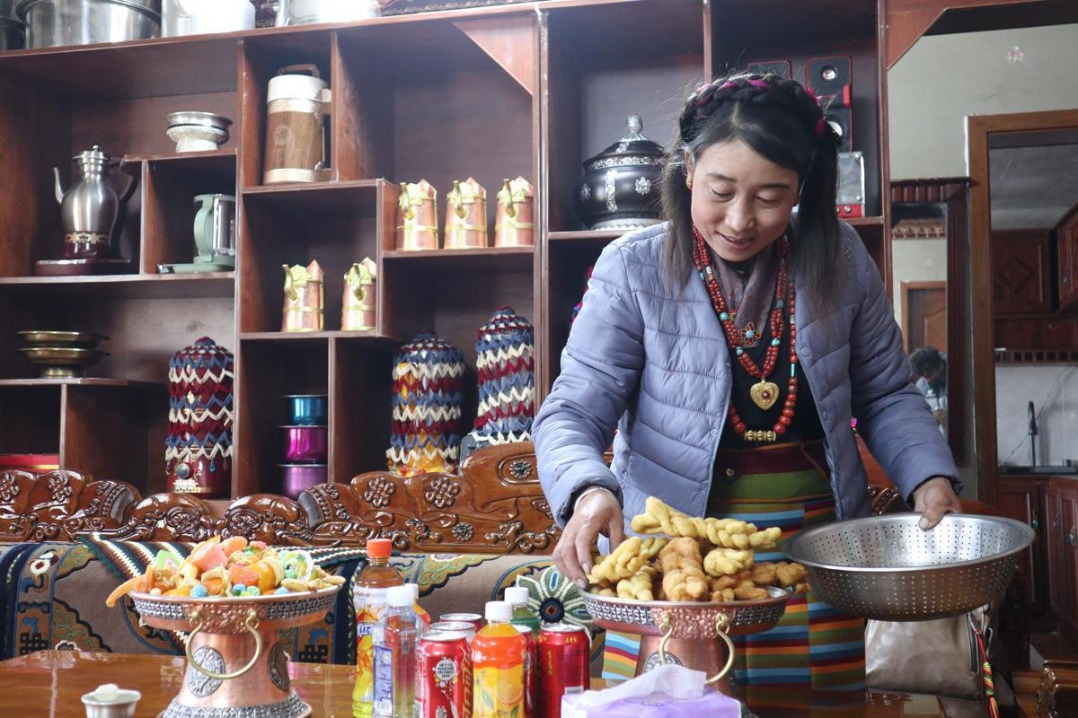Chinese researchers: HCQ ineffective in treating COVID-19

The latest clinical trial by Chinese researchers has found that hydroxychloroquine (HCQ) is not effective in treating patients who are mildly and moderately ill with COVID-19, experts announced at a news briefing on Monday.
The paper about the study was published on the website of the British Medical Journal on May 15. It the world's first multi-center study of its kind to be released on a medical journal.
The randomized controlled clinical trial was conducted at 16 Chinese hospitals designated as COVID-19 treatment centers.
HCQ, an antimalaria and anti-inflammatory drug, has been used in several countries to treat COVID-19 and was recommended by the United States government as a viable treatment option.
"Compared with standard treatments, the use of HCQ for COVID-19 patients did not provide extra benefits, and there exists a higher incidence rate of adverse drug reactions," said Xie Qing, director of the infectious disease department at Ruijin Hospital Affiliated with Shanghai Jiao Tong University School of Medicine, which led the multi-center research.
She said that the result of the trial did not support the use of the drug, which was previously proven to be effective in inhibiting the novel coronavirus through in vitro tests. It was subsequently approved for use on mildly and moderately ill patients by several countries, including France and the US.
The trial involved 150 patients who were randomly split into two groups. Half of the patients were treated according to the national treatment guidelines while the other half were given 1,200 milligrams of the drug for the first three days and 800 mg for the remaining days.
After 28 days of treatment, the rate of the virus turning negative was 85.4 percent for the first group and 81.3 percent for the one that received HCQ.
Researchers also pointed out that the rate of adverse drug reactions among the group given HCQ was 30 percent, higher than the other group which had just 9 percent. The adverse reactions were mainly diarrhea and vomiting.
Qu Jieming, Party secretary of Ruijin Hospital, said that the participants were included in the study after showing symptoms for a median of 16.6 days. He added that the research findings have provided an insight into the potential conduct of studies in the future to determine if the drug would be effective if used earlier on patients.
- Xi's message on China-Africa exchanges draws warm responses
- China makes it easier for families to tap employee healthcare insurance funds
- University of Macao to establish 5 science, technology faculties
- China to step up earthquake preparedness efforts in 2026
- China celebrates two years of pioneering X-ray observations
- Century-old tunnel named after Taiwan's first governor reopens, revives historical memories




































